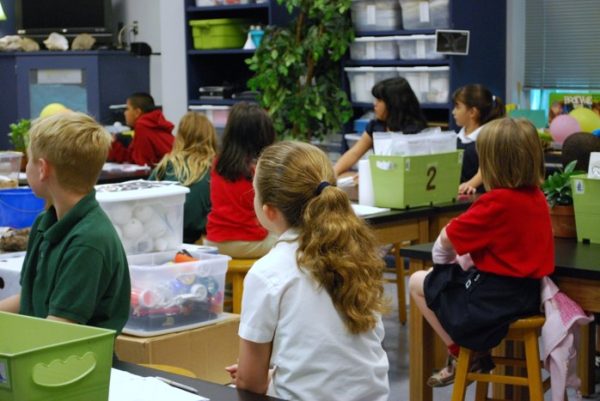
Ways To Explore Wonders Of Science
Exploring the wonders of science can be a fascinating and enriching experience for kids of all ages. Here are some ideas for how kids can engage with science in fun and interactive ways:
Hands-on experiments: Encourage kids to conduct simple science experiments using household materials. They can create volcanoes with baking soda and vinegar, make slime with glue and borax, or build simple circuits with batteries and wires. Provide step-by-step instructions and safety guidelines, and encourage kids to observe, ask questions, and make predictions.
Nature walks and outdoor exploration: Take kids on nature walks to explore the natural world around them. They can observe plants, insects, birds, and other wildlife, and learn about ecosystems, habitats, and biodiversity. Encourage them to keep a nature journal to record their observations, sketches, and discoveries.
Science kits and DIY projects: Invest in science kits or subscription boxes that provide kids with all the materials and instructions they need to conduct experiments and projects at home. Alternatively, encourage kids to create their own DIY science projects using everyday materials, such as building a model rocket, making a solar oven, or constructing a homemade telescope.
Science museums and centers: Visit science museums, planetariums, and science centers in your area to expose kids to hands-on exhibits, interactive displays, and live demonstrations. Many science museums offer educational programs, workshops, and special events for children of all ages, providing opportunities for immersive learning experiences.
STEM activities and clubs: Enroll kids in STEM – science, technology, engineering, and mathematics programs, clubs, or camps where they can engage in collaborative projects, problem-solving challenges, and hands-on activities. These programs often incorporate robotics, coding, engineering challenges, and other STEM disciplines to inspire curiosity and creativity.
Science books and media: Encourage kids to read science books, magazines, and articles, and watch educational videos, documentaries, and science-themed TV shows. There are many age-appropriate resources available that cover a wide range of scientific topics, from astronomy and biology to chemistry and physics.
Citizen science projects: Get kids involved in citizen science projects where they can contribute to real scientific research and data collection efforts. They can participate in bird counts, monitor weather patterns, track plant growth, or identify animals through online platforms and mobile apps designed for citizen scientists.
Science fairs and competitions: Support kids in participating in science fairs, competitions, and STEM challenges where they can showcase their projects, present their findings, and compete with peers. These events provide opportunities for kids to develop critical thinking skills, communication skills, and a deeper appreciation for the scientific process.
By providing kids with opportunities to explore science in diverse and engaging ways, you can inspire their curiosity, ignite their passion for discovery, and foster a lifelong love of learning.
Image credit: https://pxhere.com/en/photo/927849 (CC0 for public domain)
Author: Sumana Rao | Posted on: June 3, 2025
« Prevent Heart Conditions In Children Reasons For Ear Pain In Children And Solution »






















Write a comment